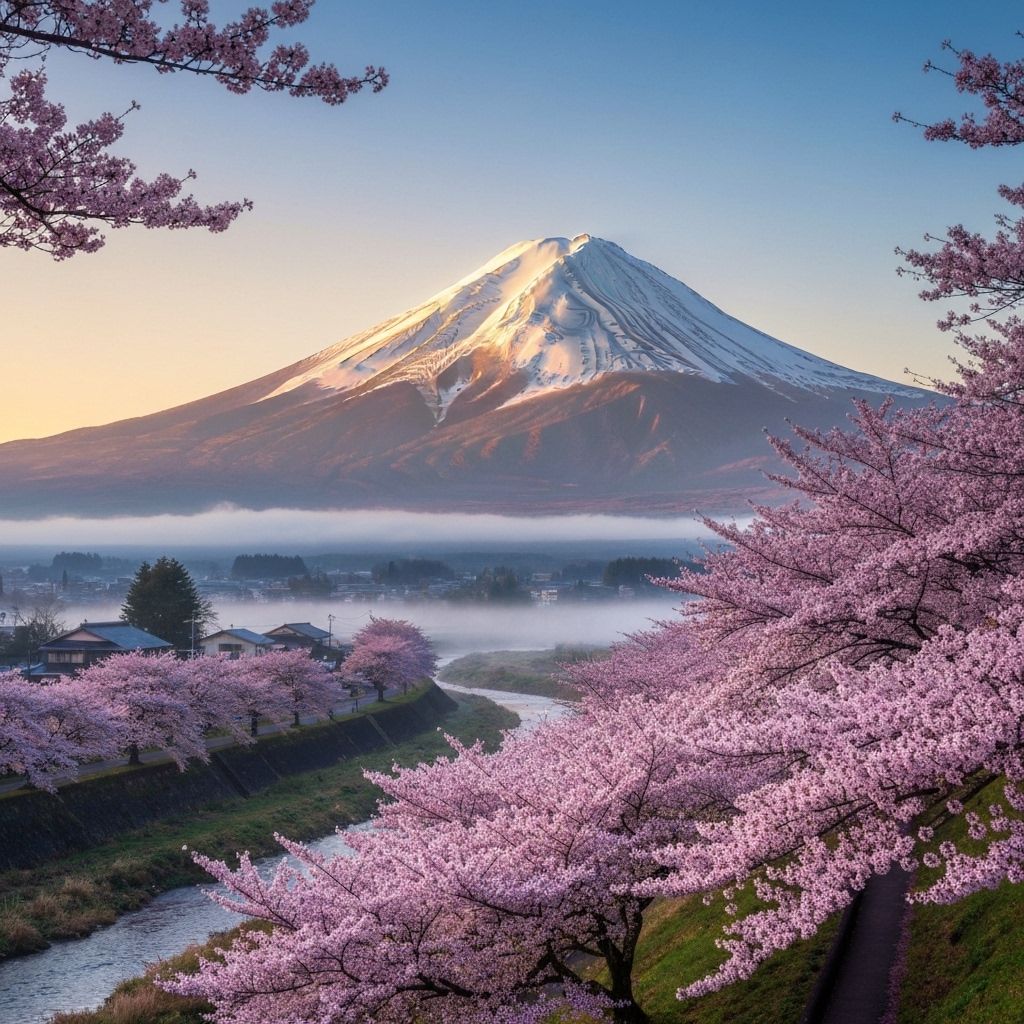Neighborhood Homestays
Stay with a host family in rural towns or suburban neighborhoods. Practice daily Japanese, learn home-cooking, and experience seasonal customs from the inside.
- Typical duration: 2–7 nights
- Best for: culture learners, language practice
- Etiquette: bring a small gift (omiyage)
